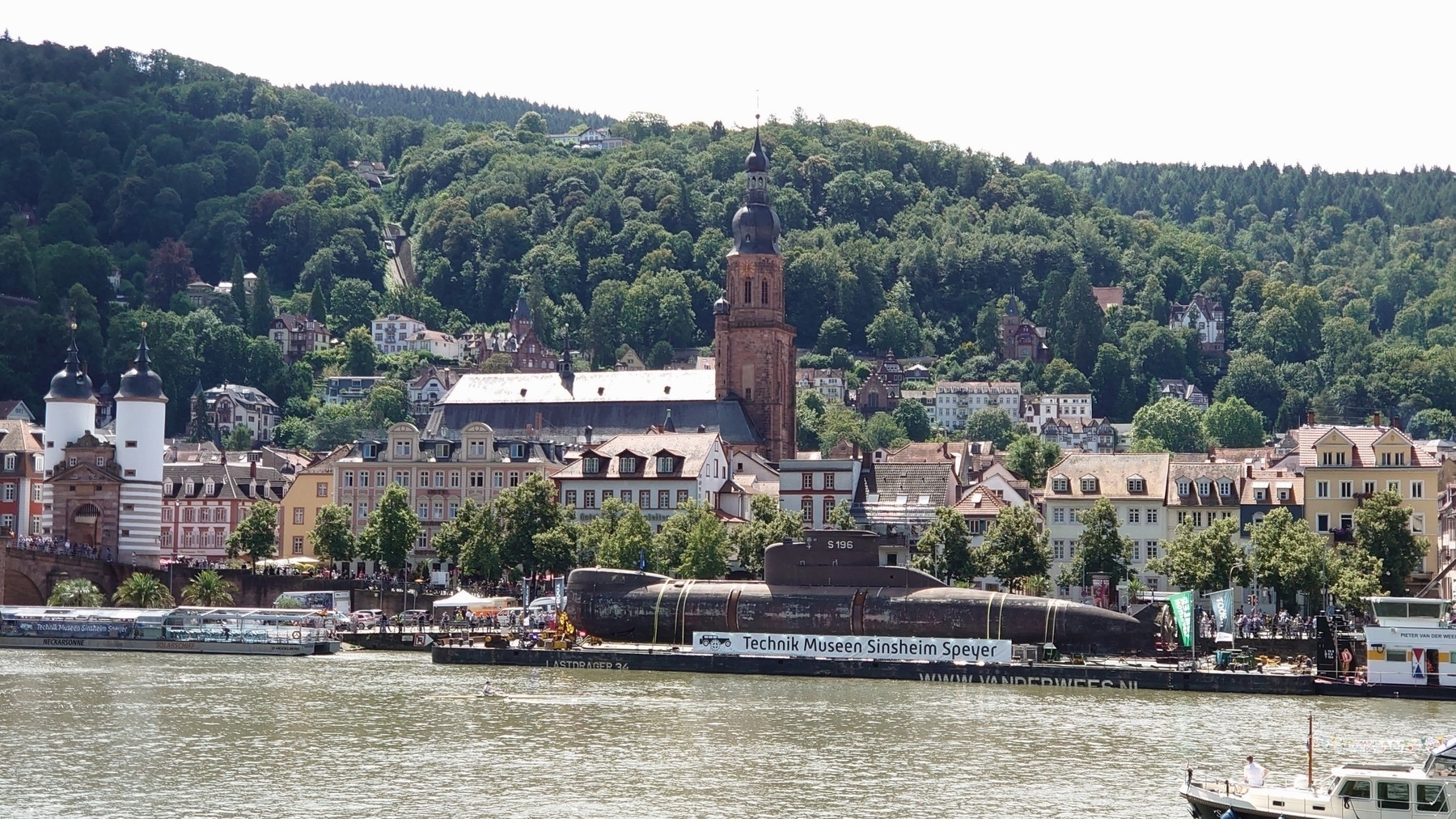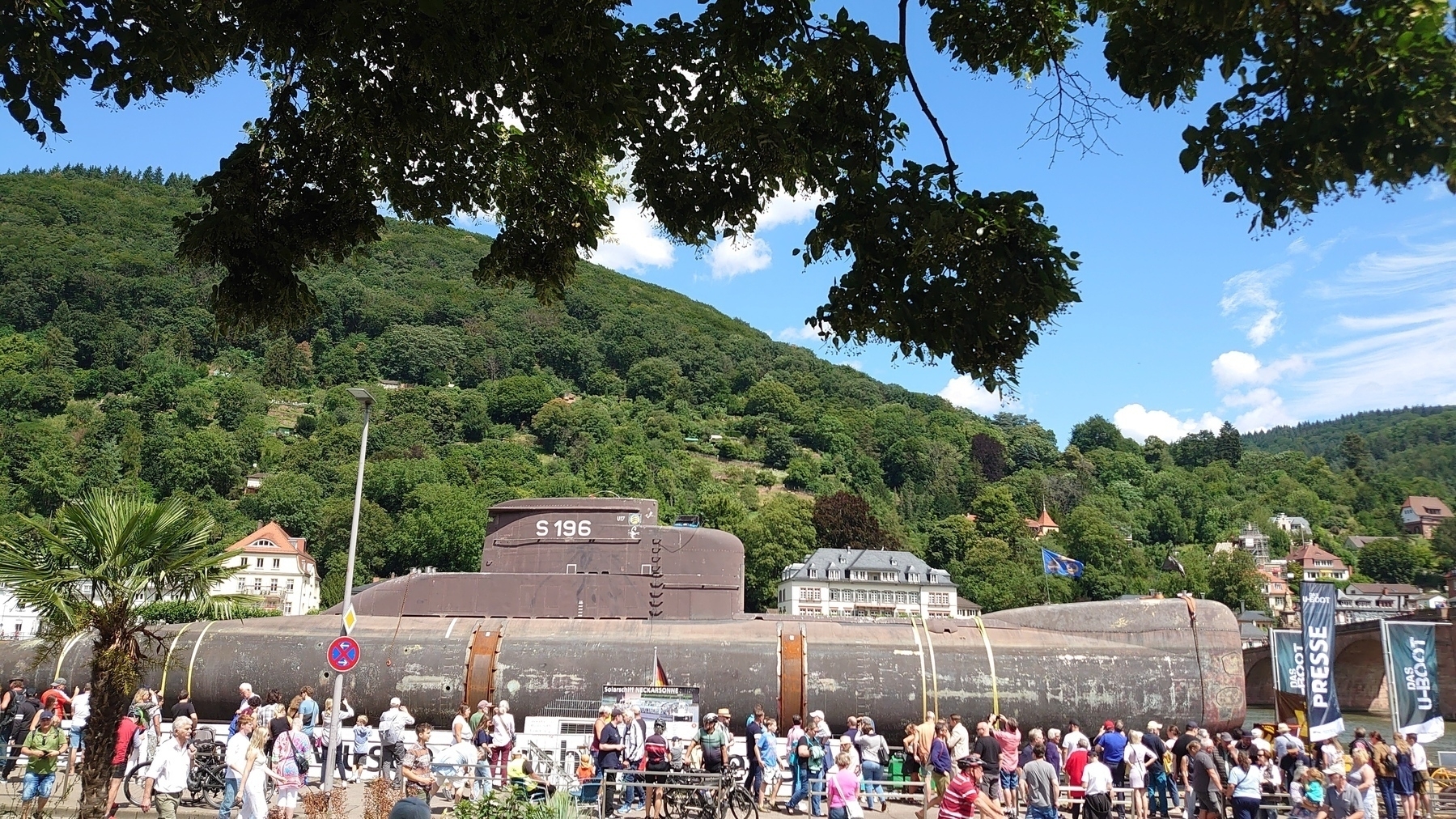I play trombone with the
Musikfreunde Symphony orchestra in Heidelberg. We rehearse and perform along the university semester cycle, which leads to some intense periods of music; a welcome insight into the world of the musician, without having to be one.
This semester we have been working on Dvorak's 9th Symphony, "From the New World", alongside Mussorgsky's "Night on Bare Mountain" and Bruch's Violin Concerto (no use putting any numbers there; he doesn't seem to have written anything else worth performing). We recently had a rehearsal weekend, immersing ourselves in music, and our first two concerts, successfully dispatched in Langenselbold (no, I had no idea, either) and Freiburg. Tomorrow night is our final, crowning concert in the Heidelberg Stadthalle.
I want to write a little bit about the Dvorak. For me, it's easy to dismiss - it's popular, for a start, which always makes me suspicious - and even as I tried to disregard its popularity, the piece never seemed to have anything of interest to say to me. It has its famous tunes and that's it; a pretty face with not much behind it. However, sitting at the back of the orchestra alongside the other trombonists and the poor tuba (who only has 14 notes to play in the whole piece), I have been learning to appreciate the piece, certainly to admire it, possibly, at times, conditionally, to love it.
That word 'learning' implies a process and indeed it took a while for me to feel at all involved in the piece during rehearsals, even though there's enough for the trombones to play (except in the third movement, where the trombones are inexplicably tacet - perhaps Anton didn't trust us to be sufficiently fleet of foot; or perhaps he simply didn't trust us to successfully find all of those repeats).
How could I not be involved in a piece that I am playing? It's a good question and the answer has two components - the physical / technical aspect of playing, and the emotional.
Physically, of course I was involved. There are several themes that the trombones play and - more difficult - lots of stabs to hit successfully. I was working on my technique, getting the breathing right, tweaking the tuning, trying to listen in to my colleagues to make sure we were playing as a section. Oh - and of course trying to play the right notes most of the time.
Through all of this, I didn't really have time to experience the piece. It had some tunes and some trombones.
Emotionally, we didn't connect for a long time, the piece and I. Maybe it was the overall lack of dissonance in the overall outlook, the almost saccharine positivity in the piece that discouraged me from investigating further. I certainly identified more strongly with the Kabalewsky and the Roussel that we played in previous winter concerts. Whilst the Dvorak certainly contains many little clashing details embedded throughout the piece to give it that certain frisson every piece of music needs, the overall impression was of musical platitudes that have become somewhat cliched.
Historically, Dvorak wrote the piece during a three year long sojourn in America (1892-1895), where he encountered and revelled in its musical and natural diversity. He was inspired to write a classical symphony that whilst not specifically including American elements, certainly painted a picture of a voyage, wide open plains, dance and returns to source. There is a human element in there that is American-tinged, leading to the critics' and theorists discussions about the nature of the songs - American or slavic.
Dvorak himself denied the presence of any American idiom in the piece, but I feel it does bubble forth with a visitor's joie de vivre. The perennial problem with incorporating traditional songs of whichever background is that those songs were meant to be sung, those rhythms danced to, not stuffed into a symphonic wad of cotton.
The significance of Dvorak's sojourn in New York stems from his assertion that the Americans should really develop their own classical language. The Americans we're hungry for confirmation of their place in the world, Europeans were thirsty for impressions of this New World, so its success was guaranteed and justified.





